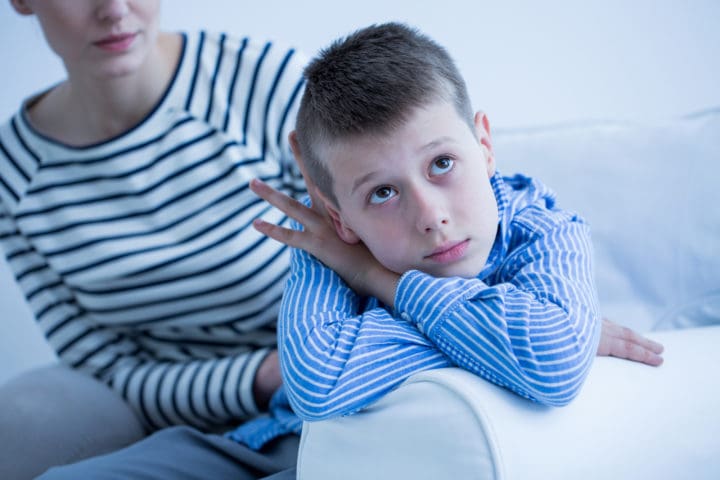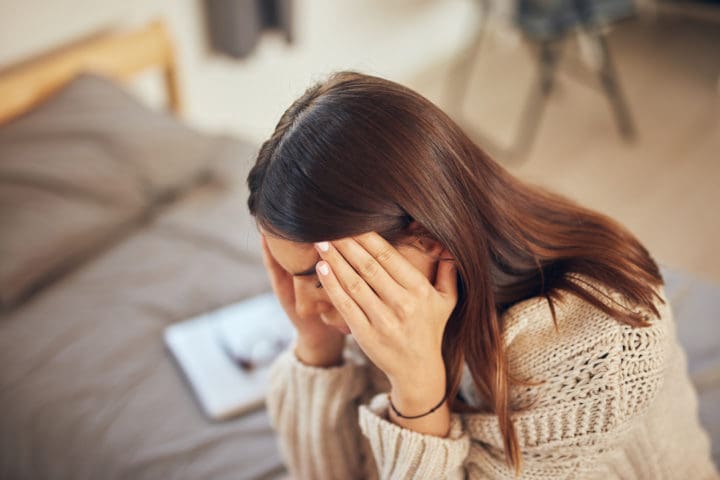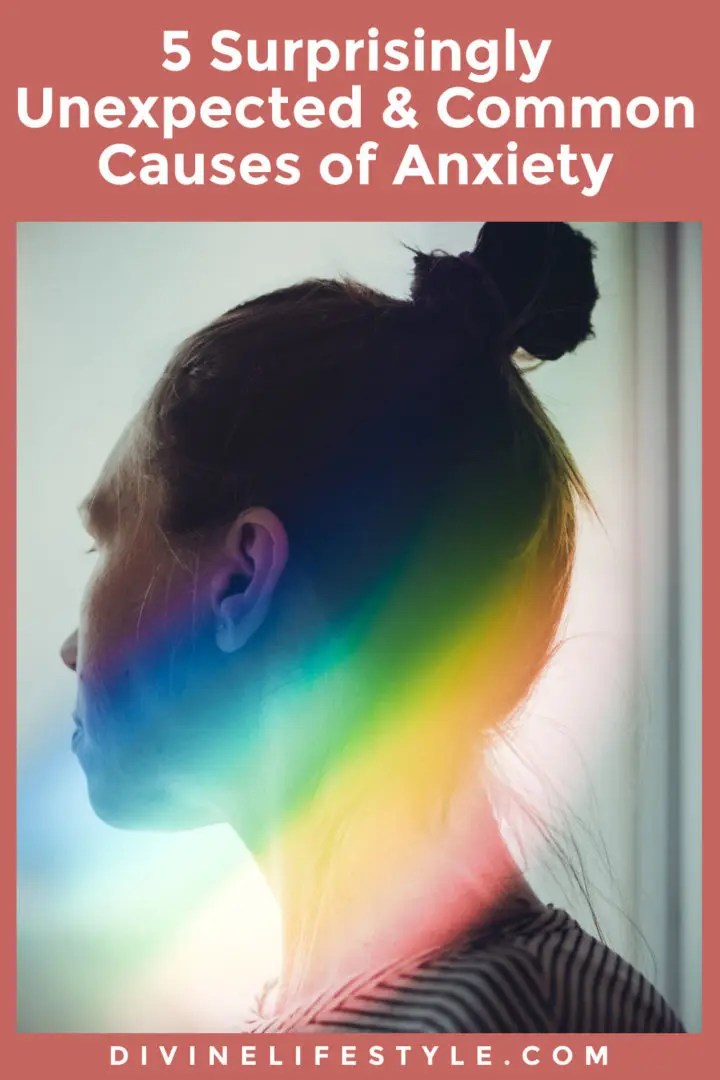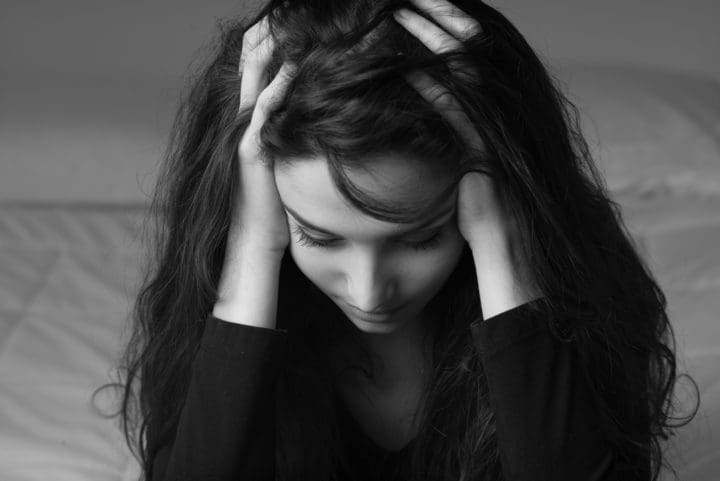Social anxiety, also known as social phobia, is a mental health condition characterized by an intense and persistent fear of being judged, scrutinized, or negatively evaluated in social situations. This fear can be so overwhelming that it significantly interferes with daily life, relationships, work, and even basic social interactions.
- Symptoms: People with social anxiety experience a range of emotional, physical, and behavioral symptoms, including:
- Intense anxiety or fear: This can occur before, during, and after social interactions.
- Negative thoughts: Worrying about being judged, scrutinized, or embarrassed.
- Physical symptoms: Blushing, sweating, trembling, nausea, dizziness, and rapid heartbeat.
- Avoidance: Avoiding social situations or activities that trigger anxiety, such as parties, public speaking, or making eye contact.
- Impact: Social anxiety can have a significant impact on quality of life, making it difficult to form and maintain relationships, pursue career goals, or participate in everyday activities.
- Differences from shyness: While shyness is a common feeling of discomfort or awkwardness in social situations, it is typically less intense and does not significantly interfere with daily life. Social anxiety, on the other hand, is a more severe and debilitating condition that can cause significant distress and impairment.
- Treatment: Fortunately, social anxiety is treatable. Effective treatments include cognitive-behavioral therapy (CBT), exposure therapy, and medication. Be sure to look out for long term effects of xanax or similar medications.

Image from Depositphotos
Social Anxiety Caused by Parents
There has been a lot of talk recently about social anxiety caused by parents. Social anxiety can be a complex issue with various contributing factors, and parents can play a significant role in its development or management. Here's a breakdown of how parents can influence social anxiety in children:
Negative Parenting Styles
- Overcontrol/Overprotection: Limiting a child's autonomy and independence can hinder their ability to develop social skills and confidence, leading to anxiety in social situations.
- Rejection/Criticism: Harsh parenting, constant criticism, and lack of emotional support can damage a child's self-esteem and make them overly self-conscious in social settings.
- Modeling Social Anxiety: Parents with untreated social anxiety can unknowingly model anxious behaviors, which children may pick up on and internalize.
Unhealthy Communication
- Negative Communication: Focusing on negatives, catastrophizing, and criticizing social interactions can create a negative association with social situations and increase anxiety.
- Lack of Open Communication: Not openly discussing social anxieties and fears can leave children feeling isolated and misunderstood, worsening their anxiety.
Other Factors
- Genetic Predisposition: Social anxiety can have a genetic component, and children with parents who have it may be more susceptible.
- Family Environment: High levels of conflict, stress, or instability in the family can contribute to overall anxiety, including social anxiety.

Image from Depositphotos
Phobic Disorders
The term “phobia” comes from the Greek word “phobos,” a term meaning “aversion” or “morbid fear.” Phobos was also the name of the Greek god of fear and panic. Today, phobias refer to a set of anxiety disorders, characterized by feelings of extreme and irrational fear regarding some sort of trigger. These triggers can include a huge variety of phenomena, including a specific type of animal, an object, a location, a situation, or even an experience.
claustrophobia (the fear of small spaces), and trypanophobia (the understandable fear of injections). Individuals with diagnosed phobia disorders experience intense feelings of fear and distress when presented with the trigger for their phobia, beyond the actual threat the phenomena poses. Phobias tend to be easy to diagnose due to the obvious emotional reaction when faced with a trigger and can be treated with the aid of a doctor, psychiatrist, or psychologist.
External Stress
Aside from mental illnesses such as anxiety disorders, a variety of common external factors can lead to feelings of sustained stress and anxiety, as well. These include aspects of life that almost every student and adult faces at some point, including stress from school or the workplace, stress from a personal relationship (like a friendship or marriage), stress about lack of money and other financial means, stress from current events (such as the COVID-19 pandemic), and stress from emotional trauma (such as the loss of a loved one).
These sources of stress and anxiety are hard to avoid, but different practices, lifestyle choices, and exercises can help to control and cope with feelings of distress. Practicing meditation, mindfulness, and breathing exercises can help to lower feelings of anxiety, and keep them from spiraling out of control. Leading a more balanced lifestyle can also help individuals cope with stress and anxiety.
Co-Occurring Disorders and Modern Drug Rehabilitation
Drug Use
A substance induced anxiety disorder is a big deal and can easily get out of control. Various drugs and psychoactive substances can also induce feelings of stress and anxiety. These include:
- Alcohol
- Amphetamines
- Sleeping pills
- Cannabis
- Cocaine
- Ecstasy
- Ketamine
- LSD
All of these have been associated with a heightened risk of anxiety with long-term use. Certain over-the-counter medications (such as pills that contain caffeine, corticosteroids, or asthma medications) can also result in an increased feeling of anxiety. If you’re feeling heightened symptoms of anxiety due to substance use, it may be best to stop taking the substance and consult a medical professional.
Medical Conditions
Anxiety can also be associated with symptoms of an underlying medical condition, such as heart disease, heatstroke, and hypoglycemia. If you do not usually experience high levels of anxiety, having these anxious symptoms may hint at a more severe medical condition. If you believe you may be suffering from a medical condition that is inducing a heightened feeling of anxiety, you should consult a doctor or medical professional right away. Catching illnesses early is key to successful treatment and long-term health.

Image from Depositphotos
What are the 6 Types of Anxiety Disorders?
What are the 6 Types of Anxiety Disorders? Generalized Anxiety Disorder (GAD): Constant and excessive worry about everything from daily hassles to major events, often accompanied by physical symptoms like muscle tension and fatigue.
- Panic Disorder: Sudden and intense episodes of fear with physical symptoms like a racing heart, dizziness, and shortness of breath, even in seemingly safe situations.
- Specific Phobias: Intense fear of specific objects or situations, like spiders, heights, or flying, leading to avoidance or distress when encountered.
- Social Anxiety Disorder: Extreme fear of social situations and being judged or scrutinized by others, often leading to avoidance or discomfort in social settings.
- Obsessive-Compulsive Disorder (OCD): Intrusive and unwanted thoughts (obsessions) that trigger repetitive behaviors (compulsions) to relieve anxiety, like excessive handwashing or checking.
- Post-Traumatic Stress Disorder (PTSD): Develops after experiencing a traumatic event, causing flashbacks, nightmares, hypervigilance, and avoidance of anything related to the trauma.
While anxiety can feel like a fact of life, there are a variety of ways to diagnose and treat underlying causes of anxiety — whether it’s the result of a mental illness, external factors, or a medical condition. Sustained feelings of anxiety can be harmful to long-term and short-term health and well-being, so it’s important to seek support and assistance if necessary. By remaining mindful of your mental and physical health, you can help ensure that you live a long, happy, and healthy life. We hope that this Why am I Always Tense? Social Anxiety vs Generalized Anxiety post inspires you.
Natural Ways To Overcome Anxiety










Pingback: Natural Ways To Overcome Anxiety Divine Lifestyle
Pingback: Supporting Our Mental Health Divine Lifestyle
Pingback: 8 Important Reasons to Plan a Solo Date
Pingback: 4 Practical Ways to Heal Your Life